When I was at primary school in Dunedin, I converted a small shed in my parent’s backyard into a cinema. I dropped flyers into letterboxes around the neighbourhood advertising the films I would screen the following Saturday. These were usually Laurel and Hardy, Buster Keaton and Charlie Chaplin comedies. The weekly screenings soon became very popular and I had to run a number of sessions each Saturday to cater to the crowds of kids who lined up to see the show.
At this time, I also used to cycle to a number of cinemas across the city to collect film posters. I ended up with a few hundred of them from the small front-of-house ones featuring a still from the film to the larger ones that were exhibited in display cabinets on the walls of the cinema’s foyer but unfortunately, while I was living in England, my parents destroyed them thinking I didn’t want them any longer. (some would be quite valuable today)
MY OWN CINEMA
While I was working for TVNZ in Dunedin, I became more serious with my film screenings. My parents agreed to turn two rooms in our large house into a 16mm cinema. Being 10 feet tall and curving 12 feet, it was the biggest private screen in New Zealand at the time. My Sunday evening screenings became well known for the interesting movies shown. I even had cinemascope so it really was quite an event to see a movie at my cinema. Apart from showing films, I went on to make my own movies. Most were for television, but my biggest production was a 35mm travel movie which played in its own dedicated cinema in Dunedin for 18 months. This cinema still exists as the Metro in central Dunedin.
However, I was not the first person to be captivated by movies in this way.
Southland schoolboy, Edwin Coubray, better known as Ted, was only six years old when he saw his first moving picture show. The magic he watched on that country screen lead to his lifelong fascination with cinema. He was a teenager when his family moved to Palmerston North and in 1914 he started as a trainee mechanic at a local motorcycle shop. At the end of World War l his older brothers, Nicholas and Arthur, bought a bakery and Ted helped with bread deliveries.
TED’S PICTURE SHOW
In the early 1920s Edwin got a job at the local Kosy Picture Theatre where he developed a deep interest in motion picture projection. He opened his own picture show in the town hall at the country town of Rongotea and like me he distributed flyers advertising the screenings on his bread-delivery rounds. With Arthur he took his film show on the road travelling in a truck he had adapted to generate electricity to screen his films in halls from Hunterville to Levin.

Edwin soon wanted to make his own films so in 1920 he completed a 10-minute effort, The Motor Bandits, produced by a small syndicate. After a successful screening to prospective shareholders, he formed New Zealand Cinema Enterprises and in 1922 a ‘New Zealand epic motion picture’, The Birth of New Zealand, was released. Edwin was assistant cameraman, occasional extra, and stills photographer. It received encouraging reviews for its historic accuracy and became a popular film to show at matinee screenings.
After filming The Birth of New Zealand, Edwin went to Wellington to work as projectionist at the Paramount Theatre but within a year, he had moved to Auckland. In 1927 he shot the British-produced Under the Southern Cross that was advertised back in Britain as ‘an ode to the pastoral splendour of the New Country’.
FILM CAREER EXPANDS
In 1926, Edwin formed New Zealand Radio Films to make a number of short, sponsored industrial films. At this time, he also shot newsreels of local events and often accompanied the immigration inspector to board arriving ships to film famous stars of the West End and Broadway who were visiting New Zealand. Their appearance in his newsreels definitely helped spice them up and made them popular with his audiences. His wife Nellie was also involved in his cinema business by painting glass advertising slides which he displayed onscreen during intermissions.
In 1927, his feature film company, Moa Films, released the horse-racing feature Carbine’s Heritage which he wrote, produced and directed. The dramatic end sequence was filmed at the Auckland Cup Race held at Christmas 1926. This feature screened to capacity audiences at three Queen Street cinemas in Auckland. The single copy of the film was transported between the theatres with session times arranged to meet the demand.
TALKIES ARRIVE
In early 1929, with the arrival of ‘talkies’ Edwin began developing his own sound-on-film system and within six months the Coubray-Tone sound system was up and running. It was the first movie sound system of its kind in Australasia. He continued to fine tune his invention while working on Hei Tiki in 1935 but it all turned to custard when its American director, Alexander Markey, fired him and took off for America with the equipment. This robbery caused the collapse of New Zealand Radio Films.
To get back on his feet, Edwin became a street photographer. He returned to film projection in Wellington cinemas during the Second World War. In 1958 he became manager for Auckland Cinemas. When the company’s Tudor Cinema in Remuera closed in 1973, he retired to Australia. He died in Sydney, aged 97, on 10 December 1997.

Throughout his adult life Edwin Coubray never ceased inventing. His numerous patents include an early stabilising camera tripod. The concept has been used for capturing steady images ever since.
Did you find this interesting? Leave a comment and let me know.
Ceidrik Heward
Ceidrik Heward is an Amazon TOP SELLING AUTHOR and has lived and worked in 7 countries working as a TV cameraman, director and film tutor. For the past 17 years he has focused on writing and has been published in magazines and newspapers in Europe, USA, Asia and the Middle East.
His interests include photography, psychology and metaphysics. He loves to read and always has at least 3 books on the go. He has written 22 manuals/books and has just completed his 4th short novel. Ceidrik believes sharing information and stories is the best way to stimulate the imagination and enrich our lives.
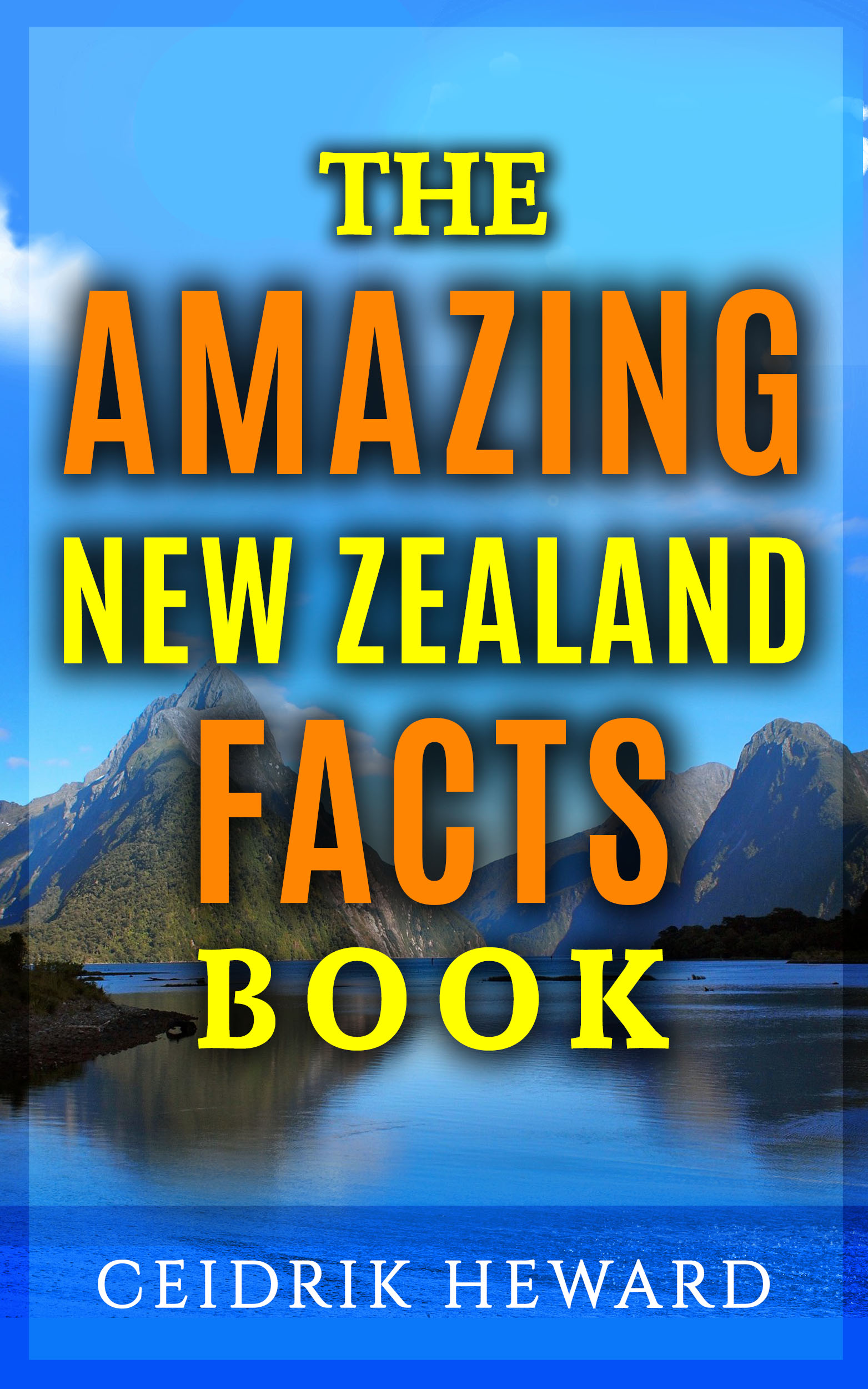
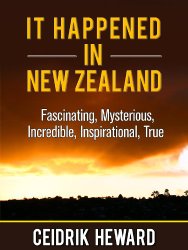
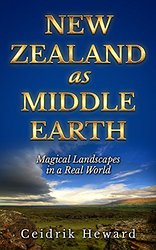
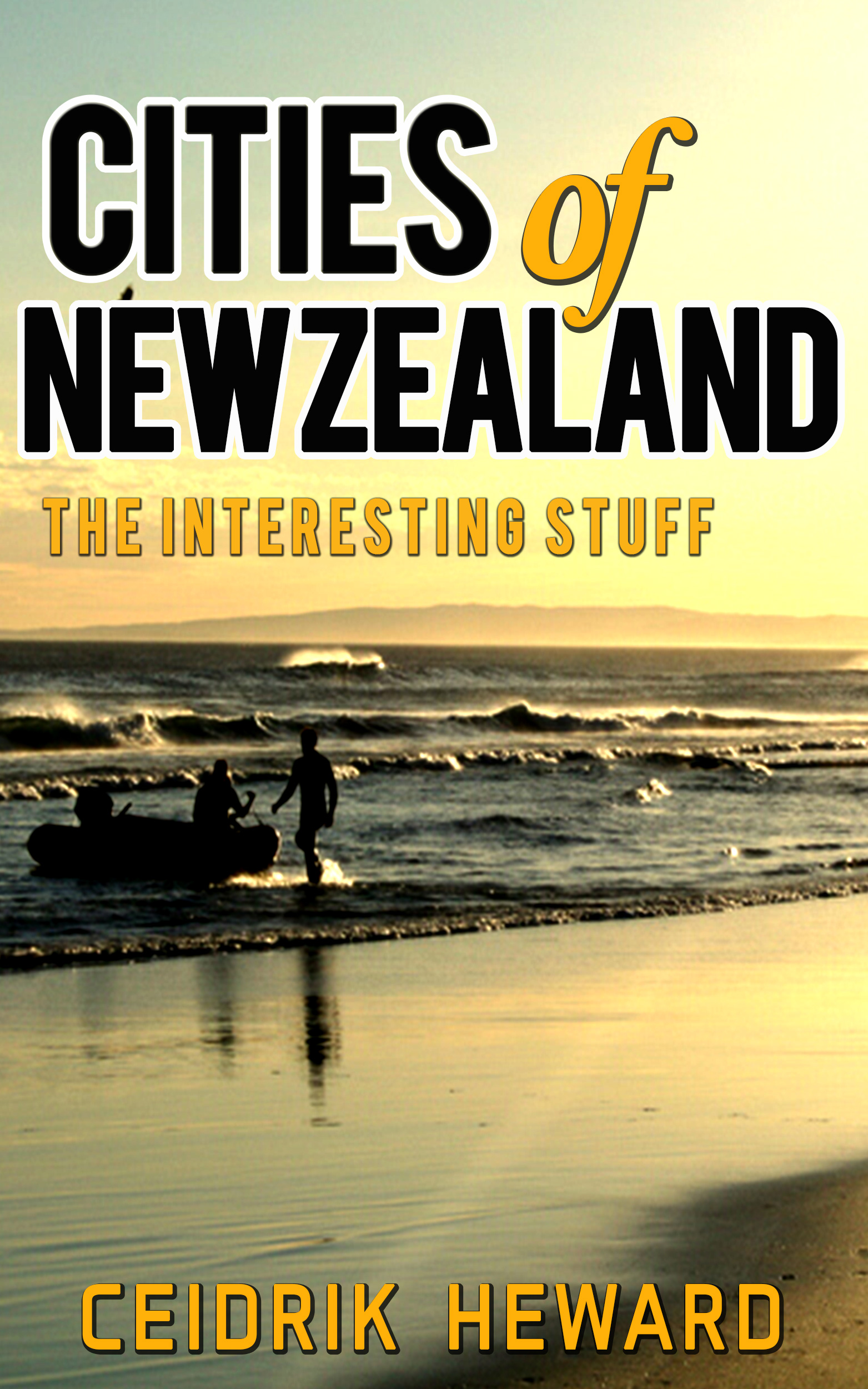
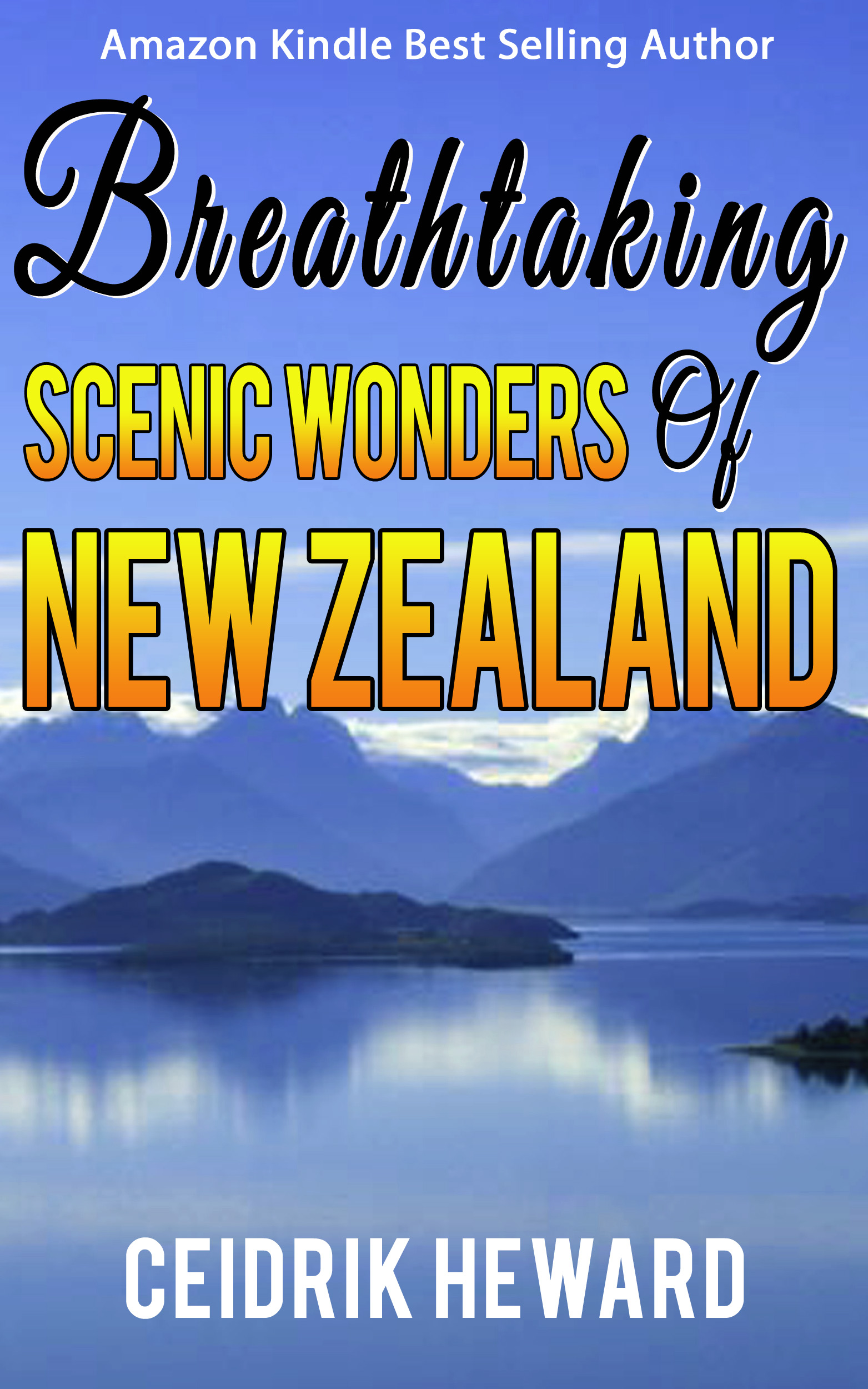
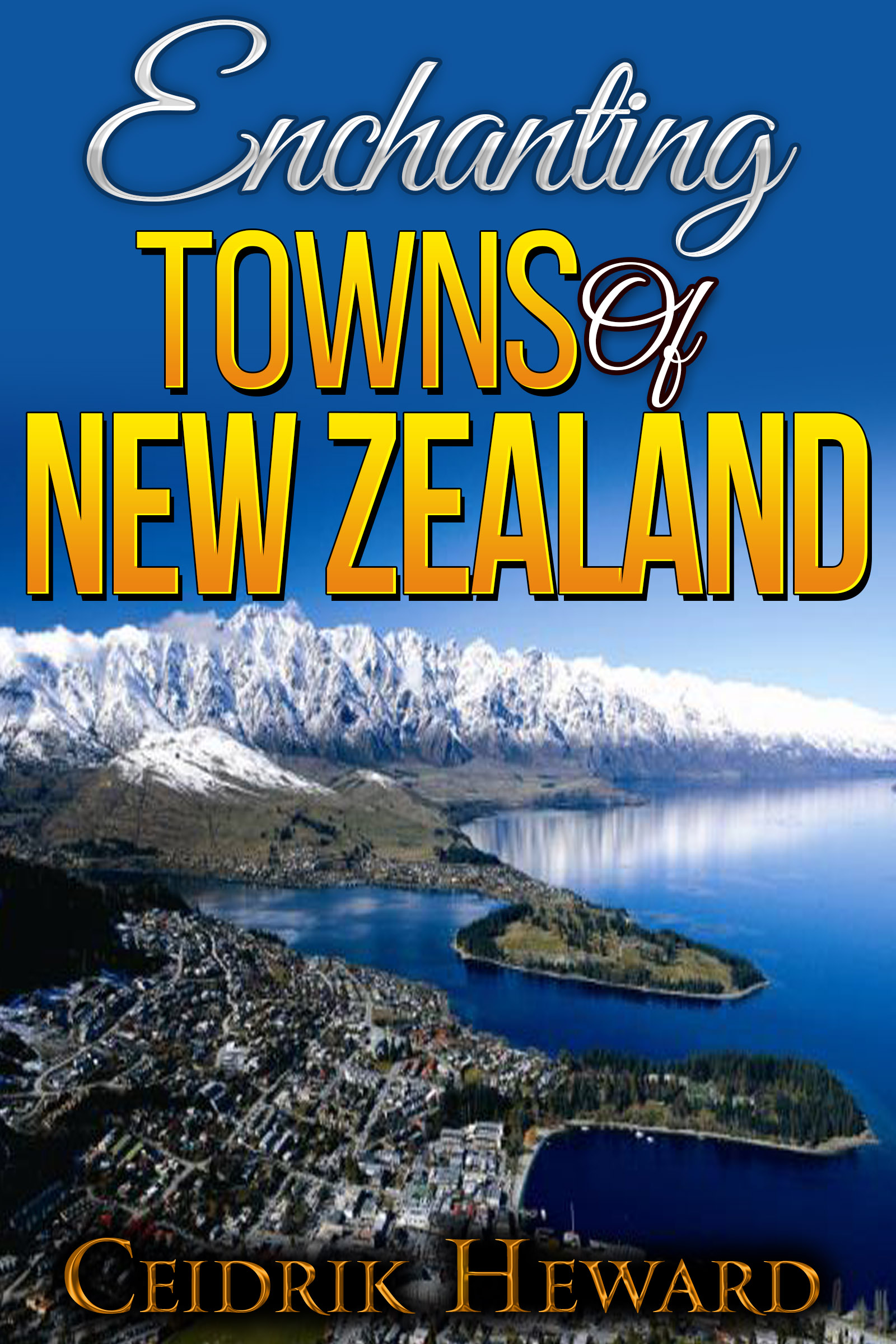
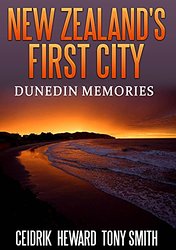
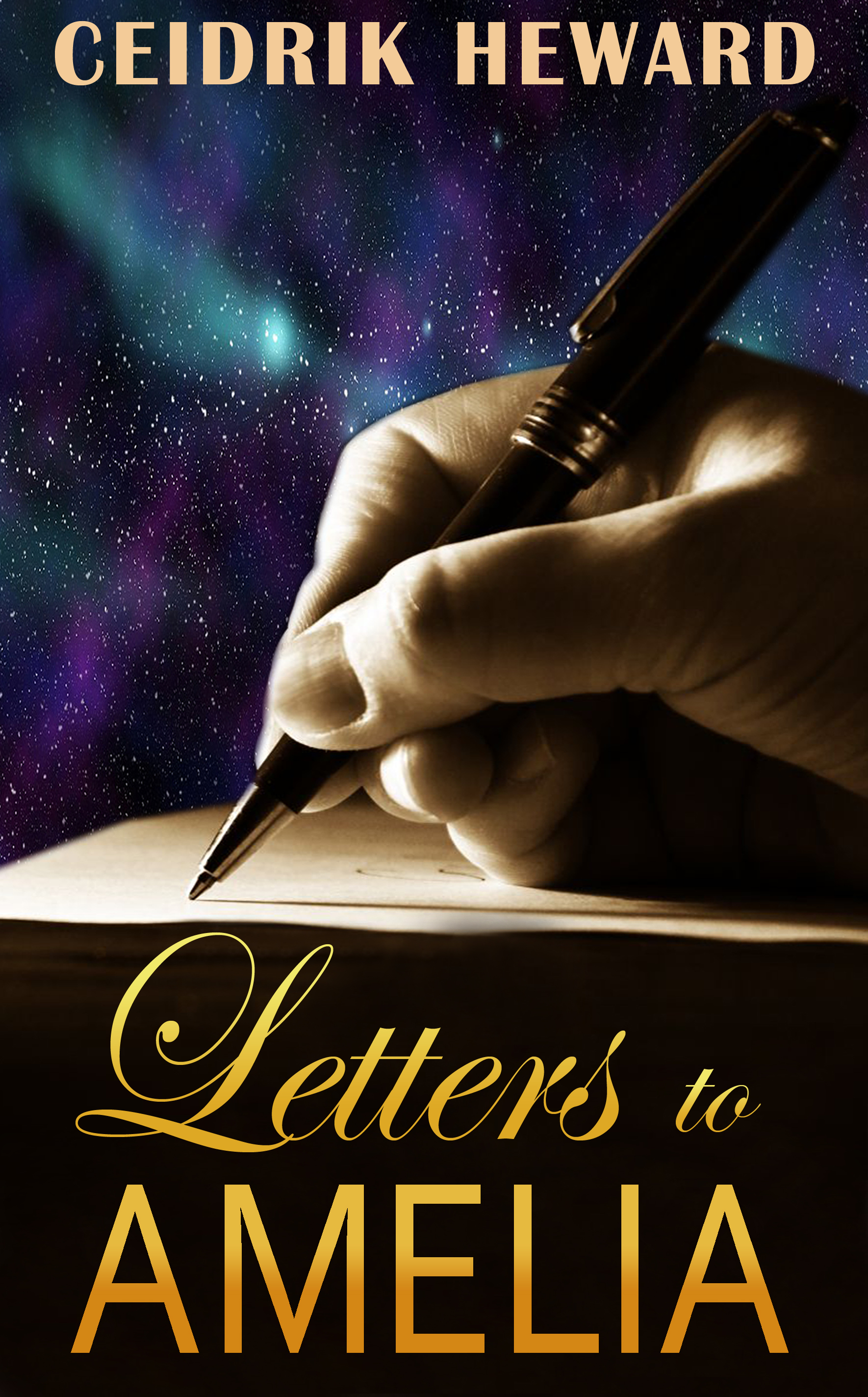
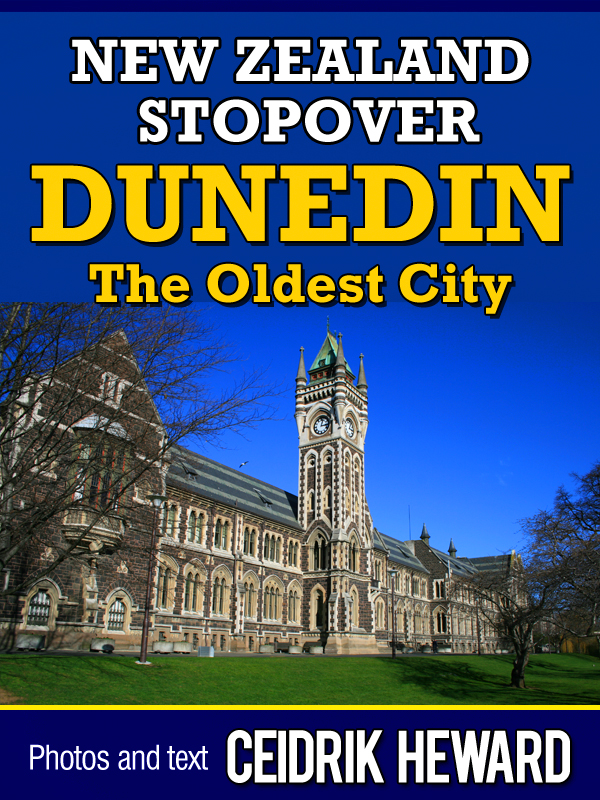
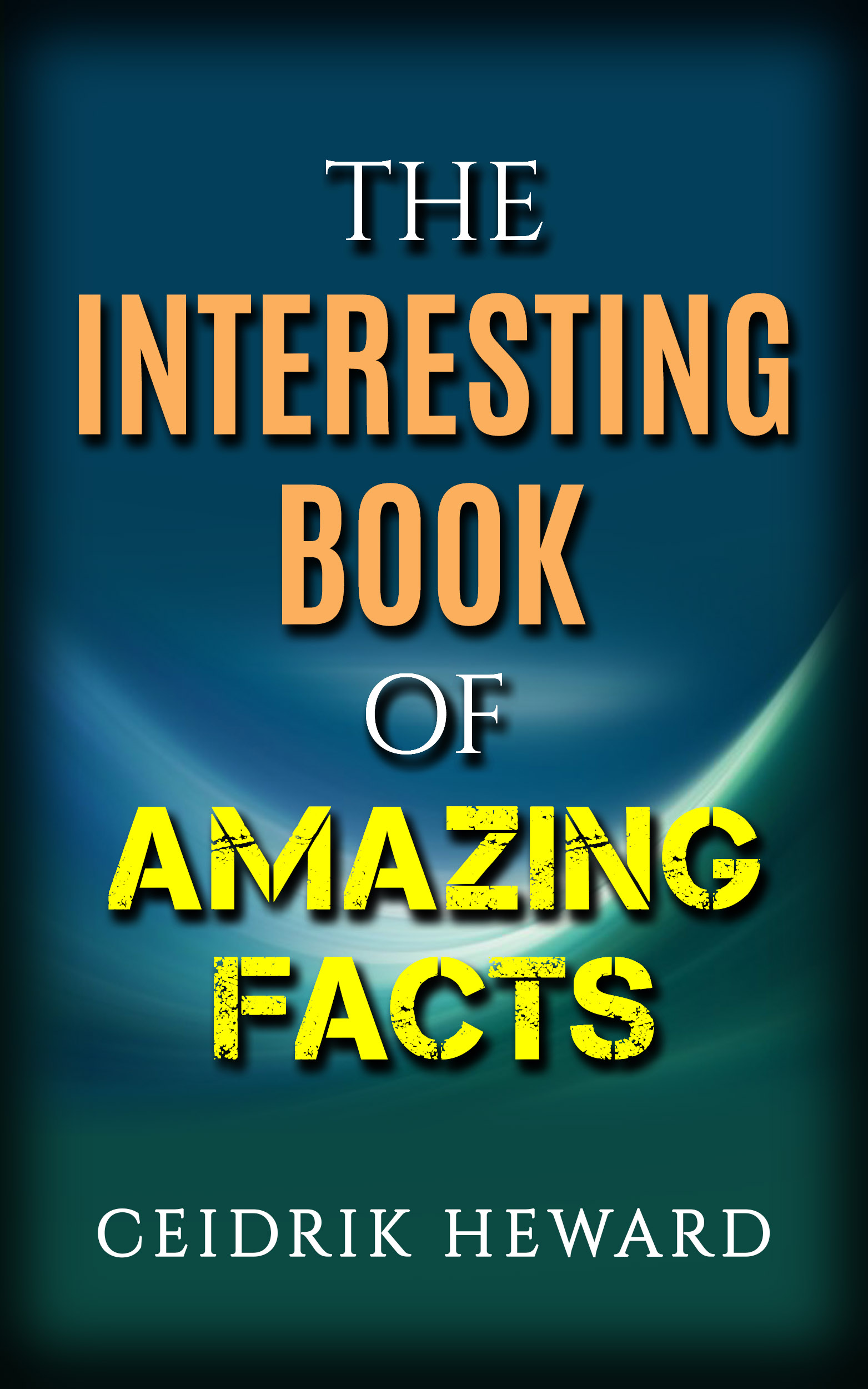
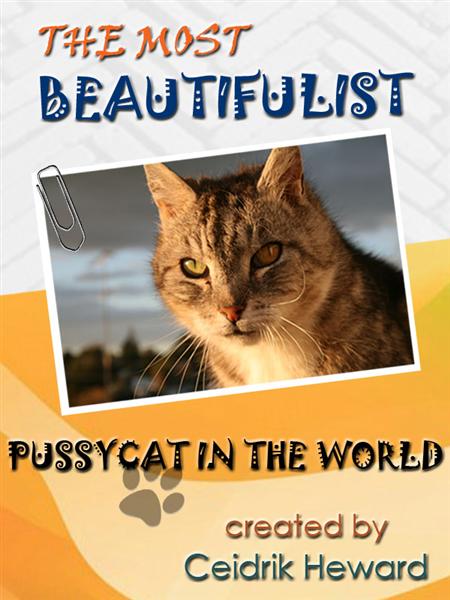
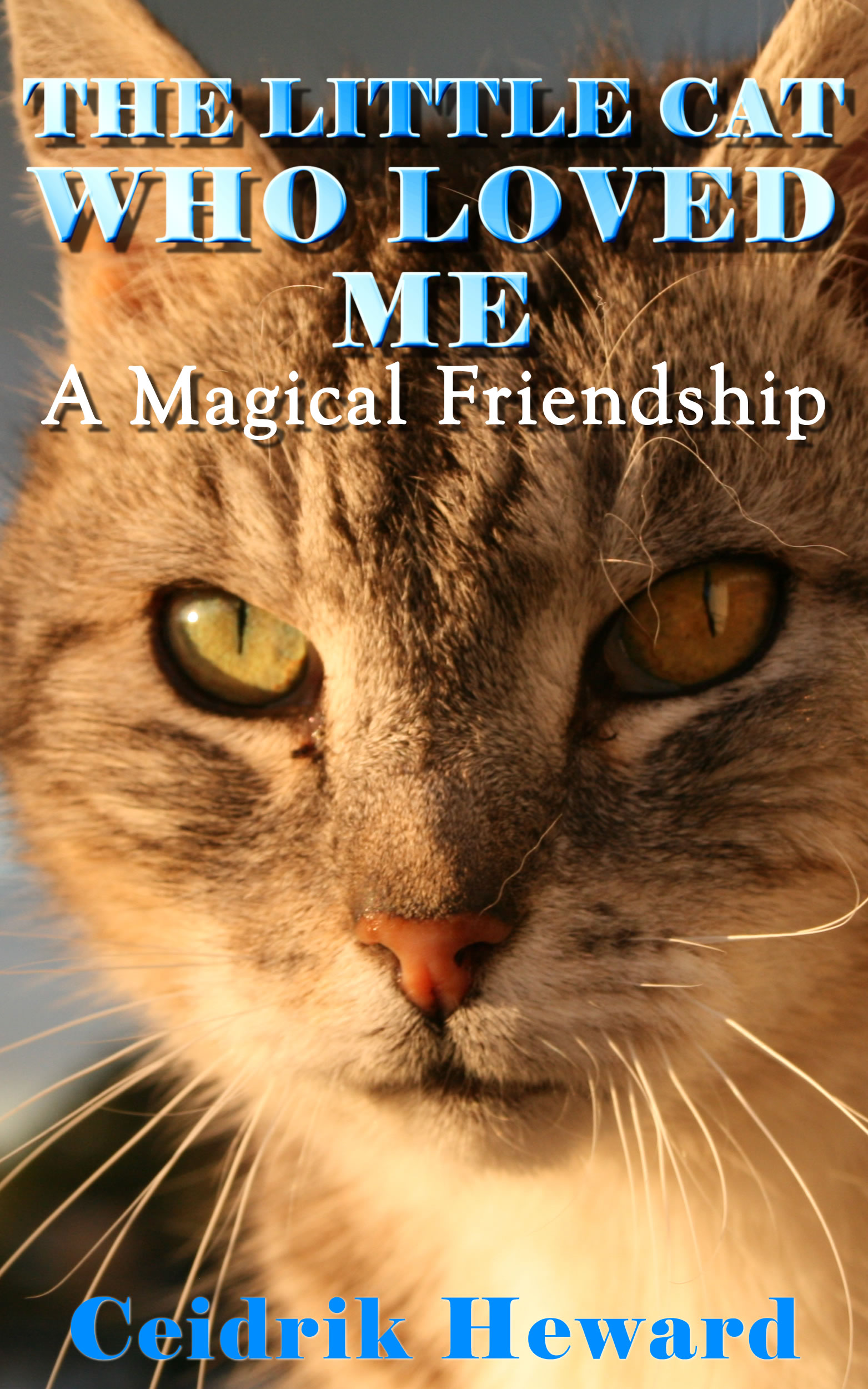
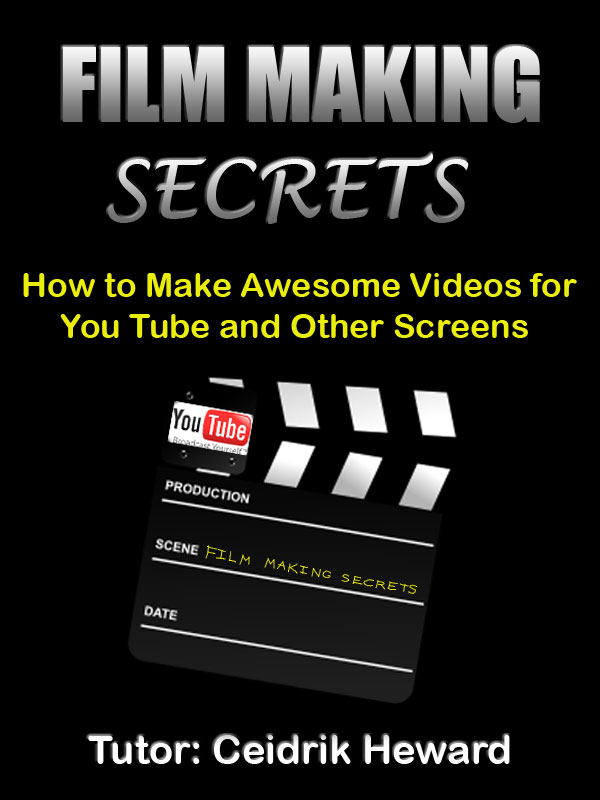
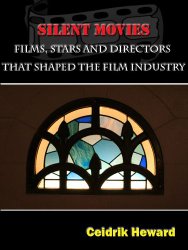
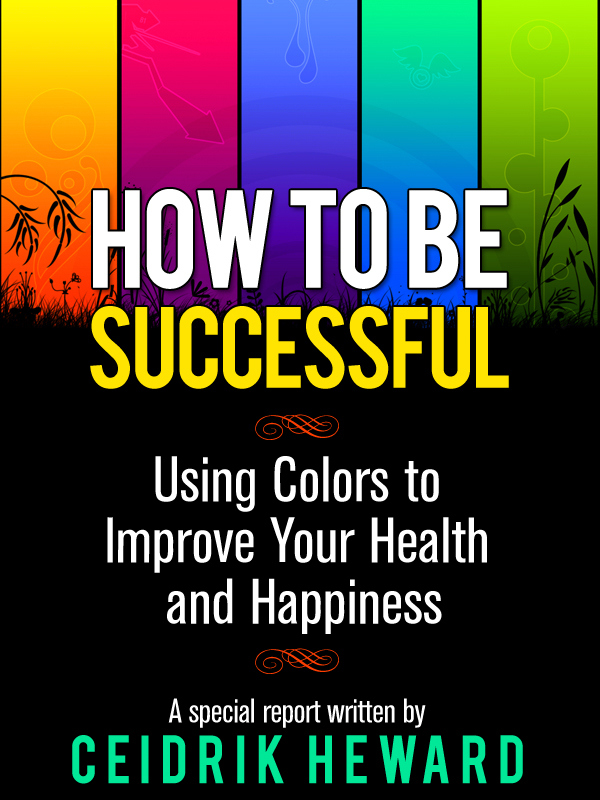




 Visit Today : 506
Visit Today : 506 Total Visit : 1133683
Total Visit : 1133683
Very interesting, I loved your story about your own movie shows and your large cinema in your parents house. That is incredible.